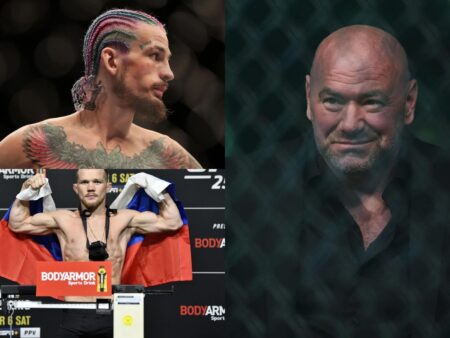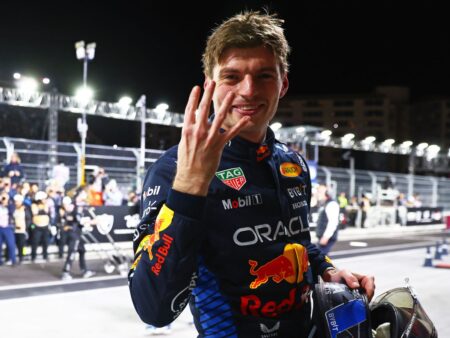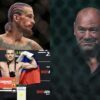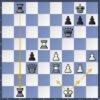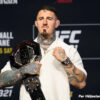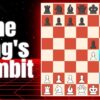The path to coaching an NBA team is a labyrinth of dedication and relentless work. The path to leading Team USA, however, is a different beast entirely—a gilded cage of unparalleled expectations where anything less than gold is, quite frankly, an unacceptable outcome. Into this unique crucible steps Erik Spoelstra, officially named the next head coach of the USA Men`s National Basketball Team, tasked with steering the nation`s premier basketball talent through the 2027 FIBA World Cup in Qatar and the 2028 Olympic Games in Los Angeles. This appointment isn`t just a nod to his decorated career; it`s a testament to a philosophy that transcends individual accolades and embraces the often-unseen purity of collective effort.
A Trajectory Forged in Fire
Spoelstra`s journey is a compelling narrative of ascent, beginning as a video coordinator for the Miami Heat in 1995 and culminating in two NBA championships and six Finals appearances as head coach. This isn`t the story of a meteoric rise, but rather a methodical, deeply ingrained progression built on an obsessive attention to detail and an unwavering commitment to his craft. It`s this very ethos, what Spoelstra himself refers to as the “purity of competition,” that has distinguished his 17 years at the Heat helm and now positions him perfectly for the global stage.
His recent tenure within USA Basketball has been a rapid climb. In 2021, he coached the Select Team, preparing the national squad for the Tokyo Olympics. More notably, he served as a key assistant under Steve Kerr for the 2023 World Cup and the gold medal-winning 2024 Olympic team. It was during these assignments that he earned the profound respect of USA Basketball executive director Grant Hill and former head coach Steve Kerr, who lauded him as a “perfect choice.” Hill, it seems, needed no extensive search; Spoelstra`s demonstrable investment and coaching acumen spoke volumes.
“Moments like those are a testament to what USA Basketball is all about. No matter what friction or misunderstandings you may have had in the NBA, it all gets moved aside because you have the same goal.” — Erik Spoelstra, on working with LeBron James for Team USA.
Indeed, a poignant example of this “purity” emerged during the last Olympic cycle. Just an hour before the gold medal game in Paris, Erik Spoelstra and LeBron James, a duo whose shared history with the Heat included both monumental triumphs and well-documented tensions, were the first on the court. All past “friction” was set aside, replaced by a shared national objective—a clear illustration of the transformative power of representing one`s country.
The Weight of the Gold: A Demanding Mandate
While the prestige of the Team USA coaching job is immense, so too is the inherent pressure. Previous coaches—Mike Krzyzewski, Gregg Popovich, and Steve Kerr—have all spoken to the taxing nature of the role, where the margin for error is non-existent. As Krzyzewski once famously stated, when leading Team USA, “There`s only one outcome that you are allowed to have — it`s did you win?” To win Olympic gold, he added, “you have to win what is essentially three straight Game 7s against NBA talent playing the biggest games of their lives, and you`re expected to win them all.” It`s a singular, almost brutal expectation for a team often comprised of the world`s most individually accomplished athletes.
Spoelstra`s immediate challenges are multifold. For the 2028 Los Angeles Olympics, the U.S. receives an automatic berth as the host nation. While this provides a guaranteed spot, it simultaneously creates a hurdle for the 2027 FIBA World Cup. Convincing top-tier NBA superstars to commit to a rigorous tournament in Doha, Qatar, during a typically busy NBA offseason, when an Olympic qualification is already secured, will require a delicate balance of persuasion and vision. The national team landscape has also evolved considerably; the days of overwhelming dominance are gone. The U.S. has squeaked into Olympic berths in recent cycles and has not medaled in the last two World Cups, necessitating gritty double-digit comebacks even against the finest international competition. The world, it seems, is catching up.
“The Man in the Arena”
Managing an assembly of highly celebrated individuals, their distinct playing styles, and their well-deserved egos, all while maintaining a singular focus on national glory, is a unique leadership test. It`s a different dynamic from coaching a single NBA franchise, even one as star-studded as his Heat teams have been. Spoelstra acknowledges this shift: “When you`re an assistant coach, it`s easier for the players to see you as more of a friend, so the relationship changes [when you`re head coach].” Yet, he embraces this demanding evolution, finding profound satisfaction in being “the Man in the Arena.”
This phrase, popularized by Theodore Roosevelt, encapsulates the essence of courage and active participation over mere criticism. For Spoelstra, this role isn`t merely a job; it`s a calling, a place where he truly feels “alive.” His appointment signifies not just a change in leadership but a reaffirmation of the core values that have defined his career: meticulous preparation, unwavering intensity, and a steadfast belief in the collective power of dedicated athletes. As Erik Spoelstra embarks on this momentous chapter, the basketball world watches, confident that his pursuit of global gold will be as relentless and precisely executed as every championship run he`s orchestrated from South Beach.
